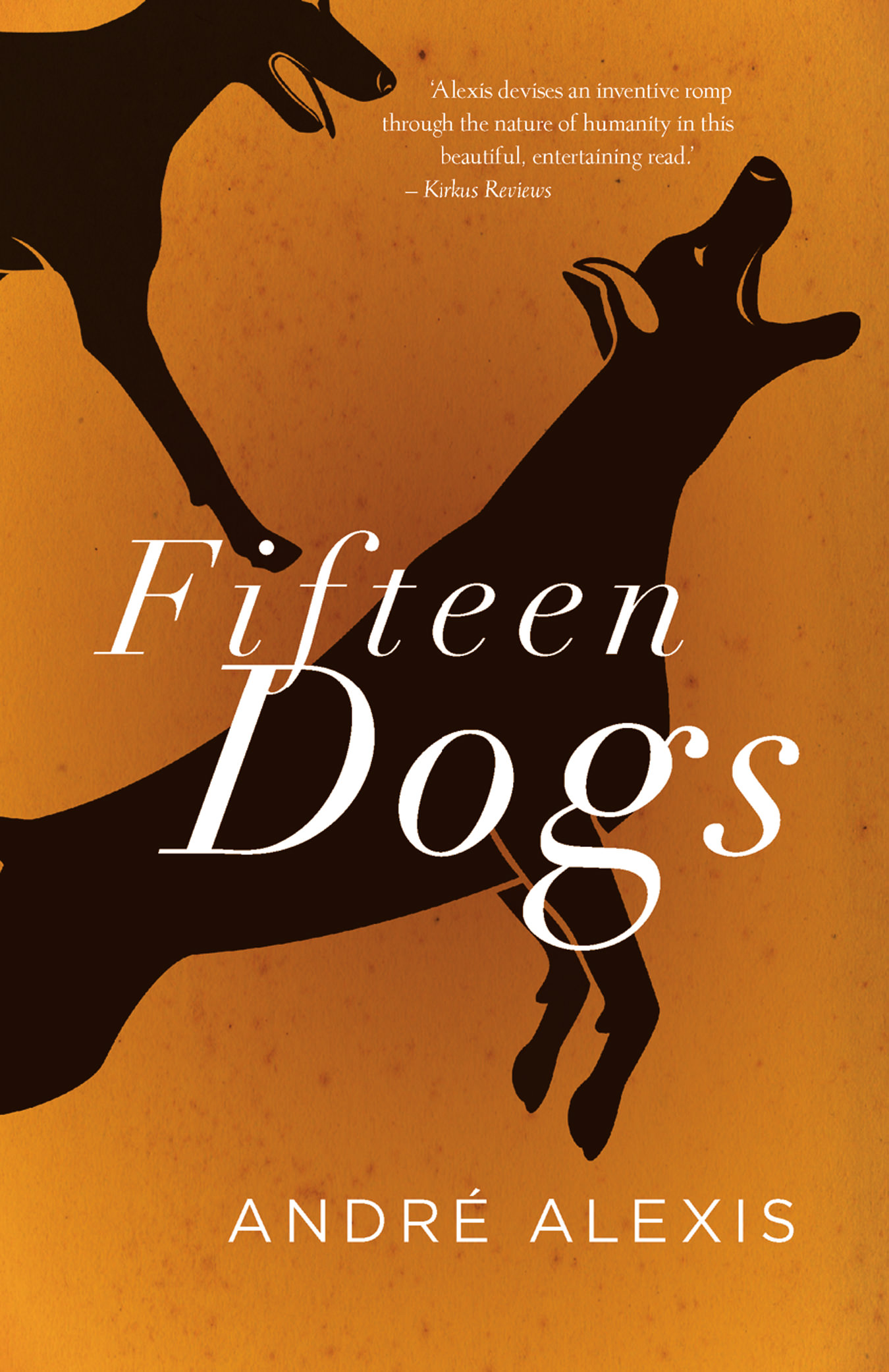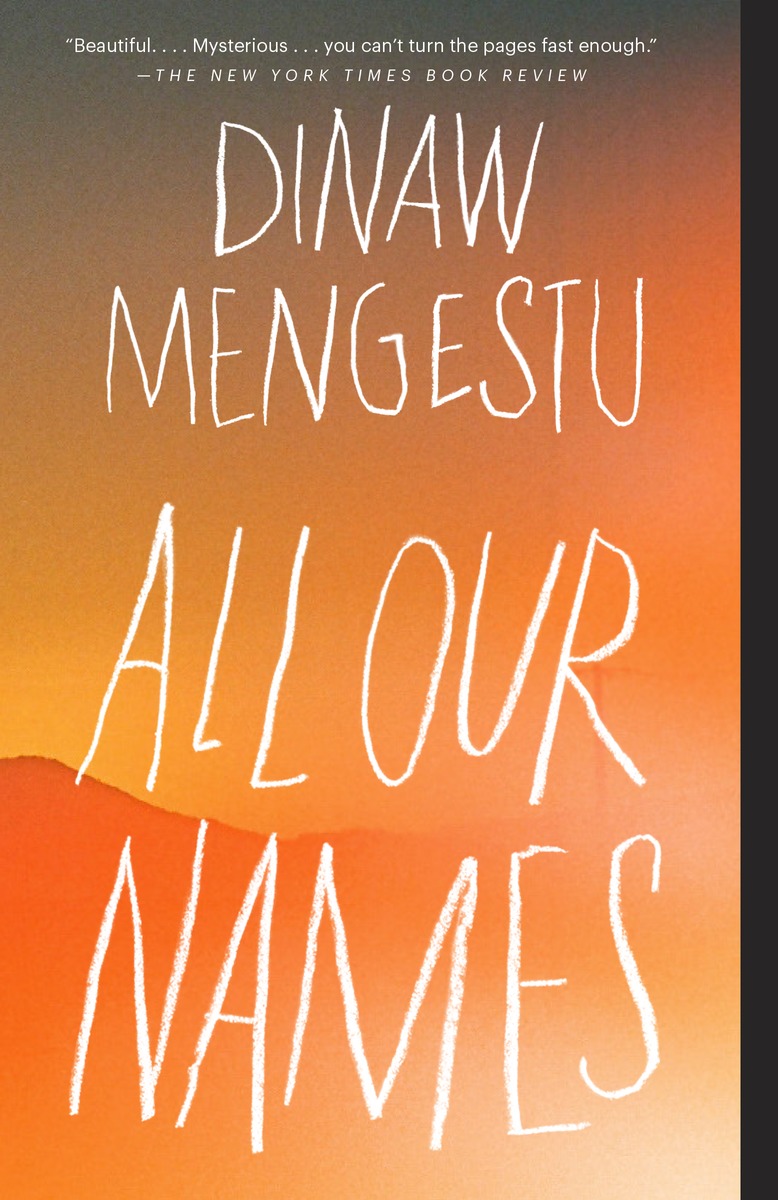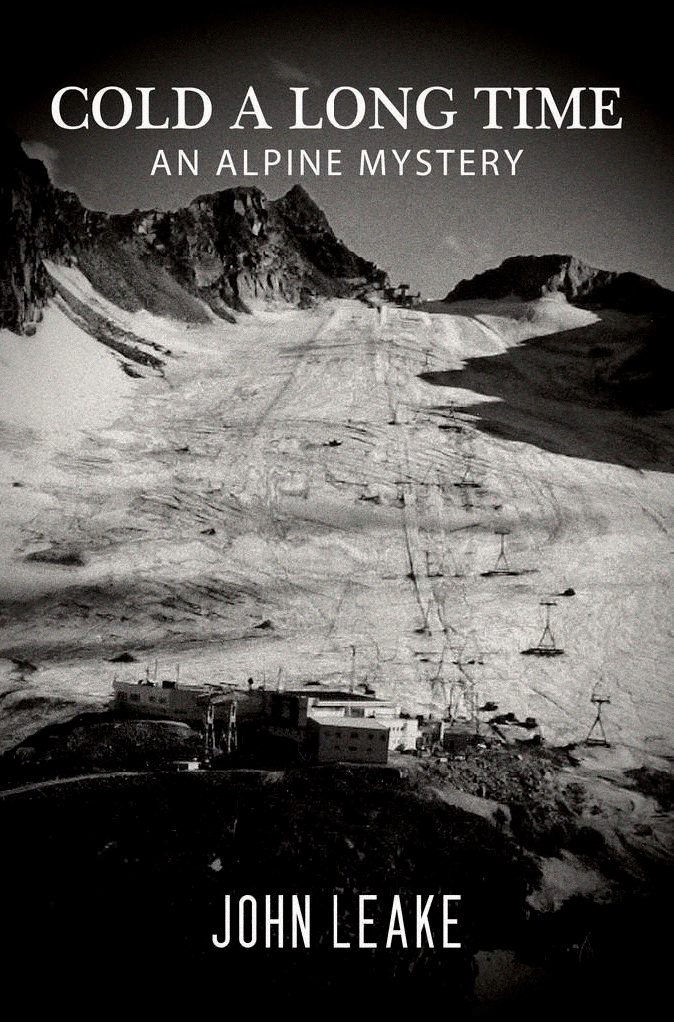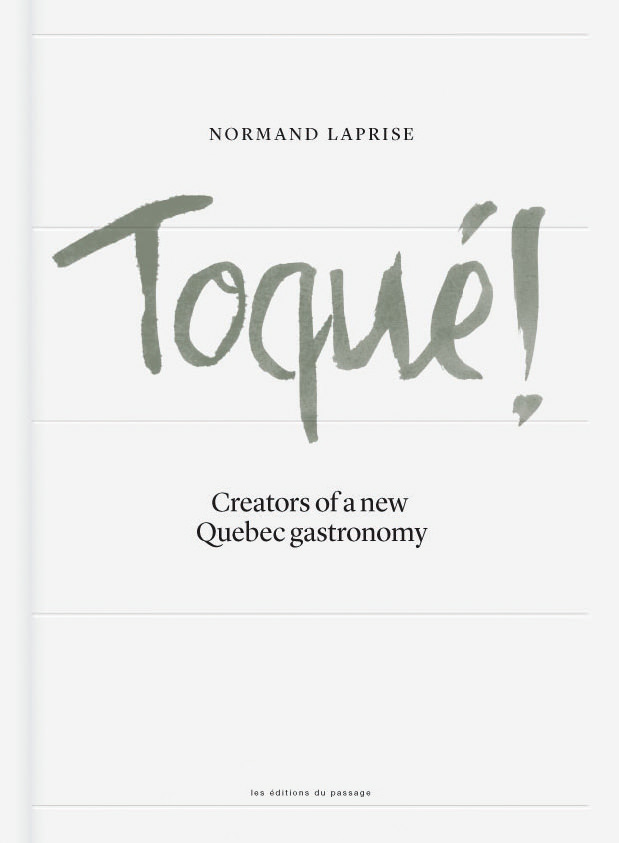Off the Shelf: Lost and Found
Books by Dinaw Mengestu, André Alexis, and Rebecca Solnit.
Just set aside for a moment—or better, forget you’ve ever heard—the tag “novel of the immigrant experience.” There’s an insidious “get-out-of-jail-free-card” lurking in what on the surface is meant to be simple descriptor, and too many fabulous novels are passed over in unconscious dismissal because they must be, in some essential way, about an experience unknowable or exclusive of us. Stop and ponder that collective pronoun and you’ll sniff the mechanisms at work that reinforce so many passive prejudices.
All Our Names, Dinaw Mengestu’s third novel, and rightly crowned his best so far, is that wonderful and rare blend of page-turning intensity, brilliant structural design, and moment after moment of shatteringly resonant human insight and heartache. Two boys meet on a university campus in Kampala, Uganda, sometime in the mid-seventies. Isaac is charismatic, confident, driven, a prankster, and “political” in an amorphous and eccentric but fearless way. The other, our narrator, is quiet, literary-minded, an outsider having made his way from a family and village in Ethiopia he half-knows he’ll never see again. Both are visibly poor, and both resentful of other boys on campus who arrive in chauffeured cars wearing clean shoes. But both are equally wary of, or simply shunned by, the formally organized leftist groups: Pan-Africanists, Leninists, socialists agitating on campus under a buzz of banners and leaflets. They form a cell of two, effectively their own insurgency, a campaign born of unbelonging, deep fraternal love, and a need to participate in what they cannot help but see as a future and nation that belongs to them. One of the miracles of All Our Names is the seamless, incremental slide these two young men experience, from what appears to be naive play-acting toward the violent, high-stakes theatre of actual repression, brutality, and eventual civil war.
Intercut with these chapters is the telling of Isaac’s coming to the United States by a social worker in a mid-western town who is assigned to his case, Helen. Even as Helen is making explicit the enigma of Isaac’s identity—his rootlessness, his shadowy backstory, his “file” consisting of a single page—it’s becoming clearer to us that Helen herself is a person with a very thin, at least unexamined, grasp on identity. By all appearances engaged in the world through her profession, her existence is yet founded upon ever weaker and more tenuous assumptions, frozen inheritances, blinkered readings of her neighbours, her mother, even herself. All of her well-meaning but insular illusions are brought into the light when Isaac becomes not just her charge but her lover.
In perfectly calibrated prose able to measure the unfathomable human risk at play in so many various sets of circumstance, Mengestu’s novel folds the biggest themes of history, power, race, identity, deception, and forgiveness together into one man’s odyssey from an innocent dreamer to a nationless, nameless solitary dreaming of authoring a viable Self. Helen, whose time with Isaac travels through phases of girlish infatuation, sexual co-dependence, blinkered Liberal optimism, true friendship, and true loss, begins to see the outlines of who she is becoming, and what exactly love is, and is not.
Go read All Our Names and see if you’re not pushing it on everyone you know who reads—women, men, Dad, Mom, new Canadians, long-settled Canadians—then back around to yourself to see what you missed first time.
Where Dinaw Mengestu’s novel works over some big thematic material using the conventional Realist novel, Toronto writer André Alexis’s recent offering, Fifteen Dogs, plunges straight into our most taxing metaphysical questions through the medium of fable. Or, not-quite-fable, as a fable usually admits of some more easily interpretable message or moral by tale’s end. Alexis himself calls the novel an update on the apologue, an allegorical narrative often employing voices of plants or animals meant to be instructive or morally helpful, and having a long pedigree stretching back to Persia and Asia Minor. If we take that description and throw in José Saramago, Doris Lessing, J.M. Coetzee, Paul Auster’s Timbuktu, Banville’s The Infinities, Lydia Millet, and maybe Ágota Kristóf, we’ll be starting to get close to the majestic reach and effect of Fifteen Dogs.
The god Hermes and his brother Apollo, after a few drinks, make a bet. If they imbue a group of dogs with human consciousness and then set them loose to their fates, is it likely or even possible that any of these beasts will die a happy death? The 15 are quickly identified overnighting in a vet’s clinic in Toronto’s west end and the gods’ (cruel?) intervention is set in motion. The animals retain their “natures” as dogs, they still experience instinctual drives to hunt, scavenge, pack together, and form social hierarchies, but they are all now carrying with them an emergent new awareness. Written as a slow-dawning interference in-and-of-thought, a kind of troubling, second-order enhancement of all the cognitive and sensory actions they’d always experienced, the group of 15 quickly recognize themselves as selves while also recognizing each other as their fellow afflicted. They form a pack, and our world appears so swiftly and surely in canine form it trails with it a sinking, sick feeling that all may not end well for the newly endowed. They must self-organize, which is met with the first grim inklings of what we call politics. Then “politics”, of course, must immediately intersect with the individual character of each member of the pack. This is all accomplished, remarkably, at the book’s beginning. Alexis is masterful at drawing the contours of what should be a fantastical, hard-to-sell scenario with such confidence and lucidity that no detail feels pressed, no passing interchange between (talking) dogs feels willed or comically far-fetched. These animals will not be sitting down for poker.
And we do watch each dog live out its respective—and painfully individual—fate. There are ruptures in the pack: exiles, assassinations, schisms, and factions. There are ruptures in worldview; Atticus, a muscled mastiff burdened with leadership, rejects the new thinking and puts his followers on a course of quasi-fundamentalist atavism using edicts backed up with violence. Prince, a mutt originally from the Prairies, and optimistic under hardship, begins composing poetry out of nothing more than a beguiling wonder in the face of this new language. Benjy, a self-interested and Machiavellian beagle, fares (relatively) well, given how disloyal and deceptive he seems, even managing a full-blown revolution in existing power structures. And Majnoun, a black standard poodle, by forming a long-standing and emotionally intimate connection with new-found “masters”, suffers in ways we usually reserve for Wagnerian operas and Russian novels. Love may be a trans-species phenomenon, but that’s not to say it will not fill a being’s existence with suffering.
If you naturally (instinctively?) shy from sentimental tales about doting pet-owners and their miraculous person-pets, you need to climb through that resistance and read this novel. Its bar is set so high there is simply no time or space for the saccharine. To read Fifteen Dogs is to read our predicament as a subspecies of mammal we call human—often without thinking too much about what that implies. This is a gripping, wildly intelligent, philosophical novel that can remind you who and what you are.
Getting lost, or finding oneself lost, Solnit reminds us, is a mental event. It could be thought of as an existential prerequisite for eventually knowing where we are.
Rebecca Solnit, an American writer, environmentalist, art historian, intellectual, and activist, has produced a number of books over the past 20 years, any of which are well worth your attention. Solnit has been a finalist for the National Book Award and has won the National Book Critics Circle Award. She’s been given a Lannan Literary Award and a Guggenheim Fellowship, and she appears in The New Yorker, Harper’s Magazine, the London Review of Books, and many other publications. Her long-form reporting reaches in cultural corners frequently overlooked in mainstream media and somehow, in her hands, makes shadowy material seem pressingly urgent—which, in fact, it so often is. Solnit does not turn away from catastrophe, suffering, and injustice, and proves up to the task in her bigger titles, such as A Paradise Built in Hell, published in 2010.
One of her often-overlooked books, A Field Guide to Getting Lost, is a sonorous, melancholic, piercing essay on the concept—and experience—of being lost. It’s just one of those notions we habitually drape with negative connotation. The profound terror implied by the thought of one of our children being lost; the implied moral lassitude or weakness of character of one who is lost. Seen as a position of weakness, or little leverage, lost is nowhere anyone would choose to be. Except, follow Solnit on these meditative sojourns into the American Southwest, Buddhist wisdom, cultural diaspora, family deception, Renaissance uses of blue pigment, and the very sea and sky we live with, and you’ll come to realign the valences of the negative associated with lost.
In the book’s opening chapter, Plato’s dialogue with Menos—who asks, “How will you go about finding that thing the nature of which is totally unknown to you?”—comes to converge, some pages later, with the Jewish Passover custom of leaving a house door open onto the darkness outside, in case Elijah returns. And with that we’re away, not to be found again before we’ve passed through the blue haze of distance, the remaining shreds of the Wintu language, the conquistadores of the Gulf Coast region, women in punk rock, the Great Salt Lake, Hitchcock’s Vertigo, country music and the blues, Marin County conservation, the Sierra Nevada, Nabokov, and the art of Yves Klein.
Getting lost, or finding oneself lost, Solnit reminds us, is a mental event. A set of conditions that give rise to a rearrangement of our attachments to the world. It could be thought of as an existential prerequisite for eventually knowing where we are.
Few writers anywhere display an equal power and effectiveness, whether casting their mind outward into the land and culture they inhabit, or practising an older, inward art of contemplation and reverie. Solnit’s voice becomes the land, culture, and material she ponders, enriching her passage through it. There is much to be learned from this book—it’s just not easily teased out, paraphrased, or packaged in pithy one-liners. What a pleasure, then, to simply follow a guide toward who knows where.







